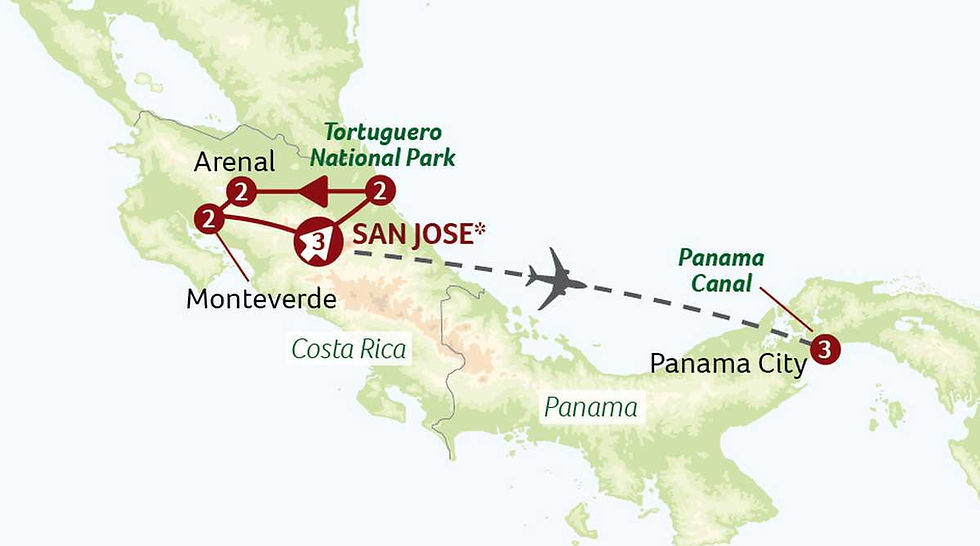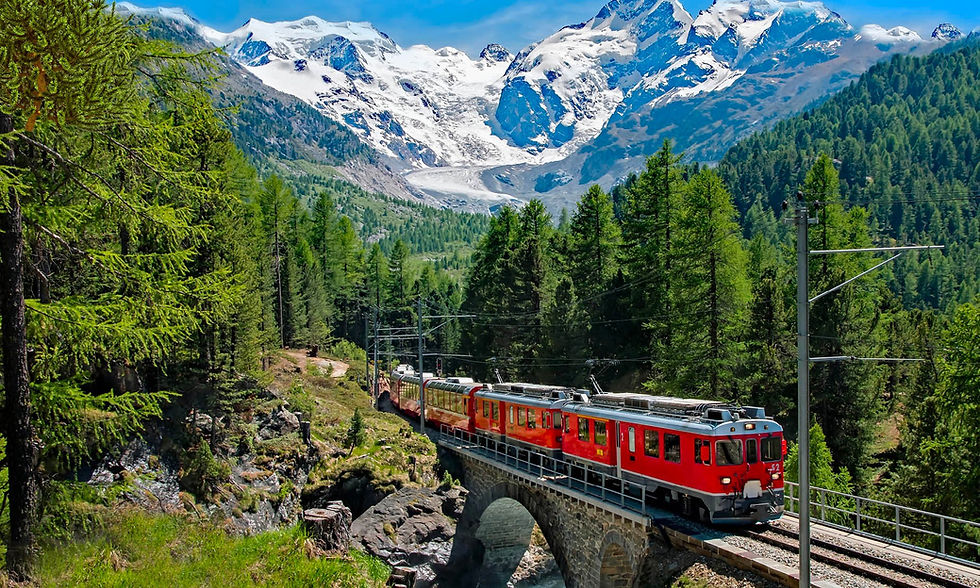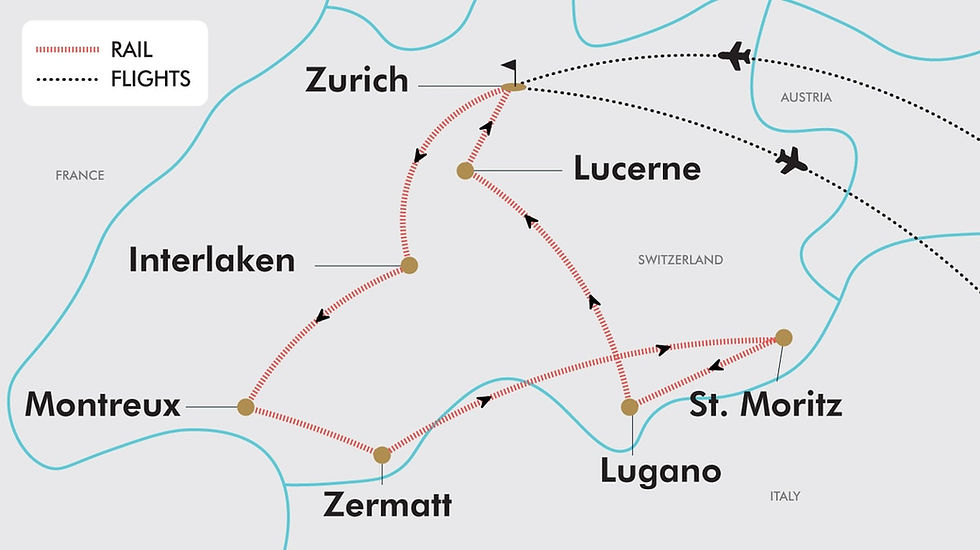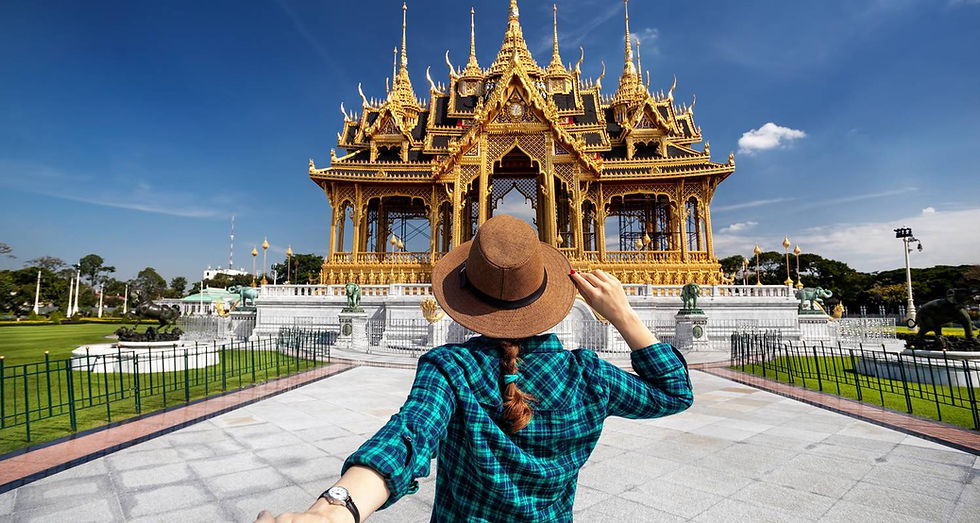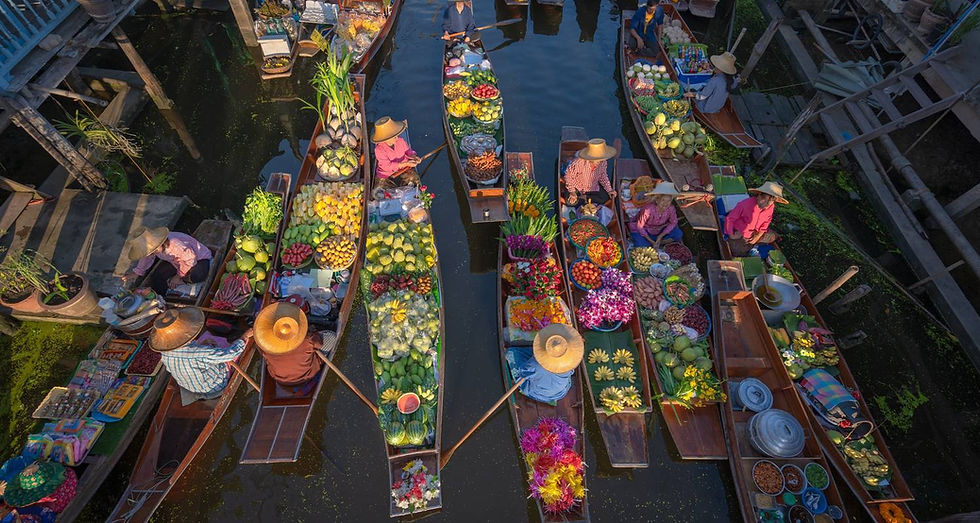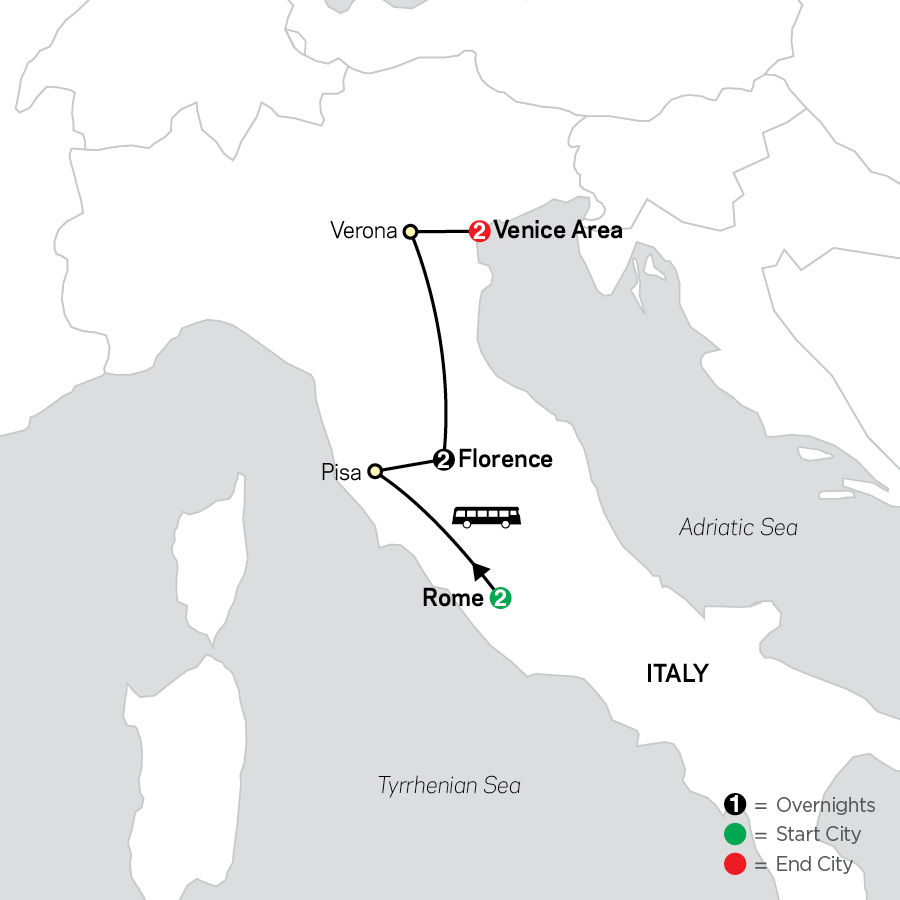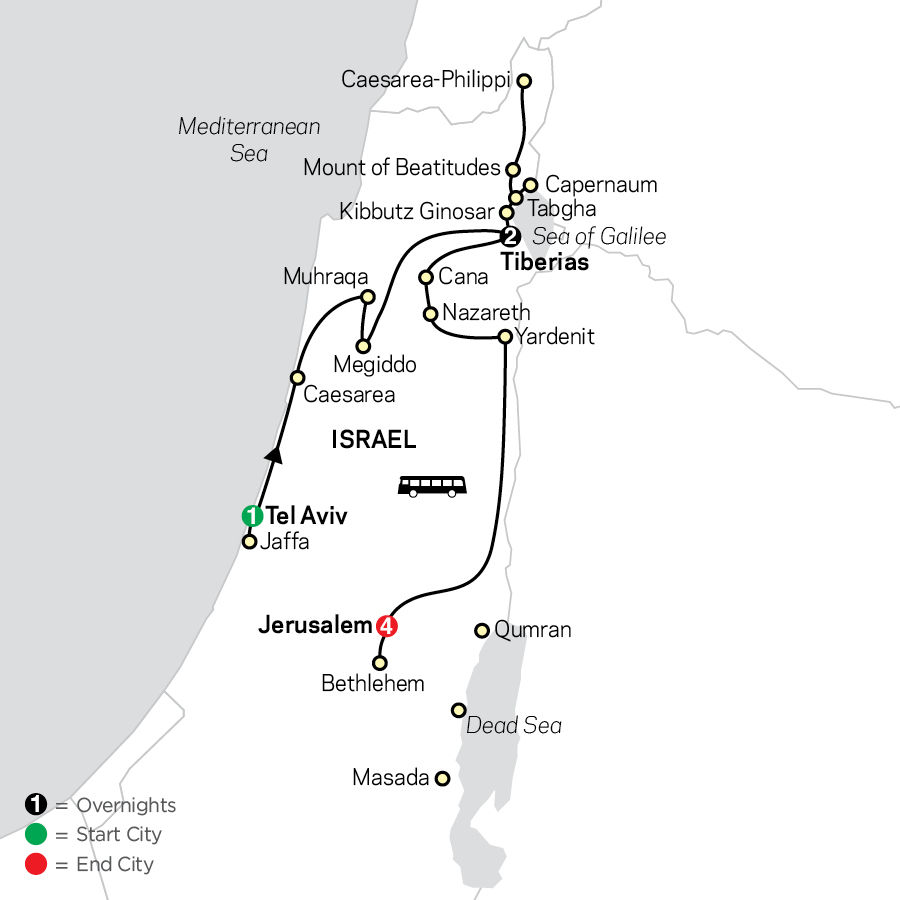Escape to Madagascar – the magical island which is home to some of the world's most spectacular and least explored dive sites. The crystal clear waters host a dazzling array of pristine marine habitats and support a huge diversity and abundance of marine creatures.
The vivid multi-coloured corals and luxuriant sea grass beds provide rich feeding grounds for an extraordinary array of colourful reef fish, rays, sea urchins, anemones, octopus and even sea turtles, while barracuda, sharks, dolphins, migrating whales and shoals of pelagics cruise the deep blue waters offshore. You can explore this exquisite, untarnished underwater world as you learn to dive off the island of Nosy Be. Meaning ‘Big Island’ in Malagasy, this location certainly lives up to its name.
You will discover and chart extensive areas of pristine coral, record healthy populations of fish and coral cover, and learn to identify a wide range of intertidal creatures from tiny hermit crabs to sparkling sea anemones. On shore you will explore the lush mangrove forests, the unique ecosystems which straddle the land and the ocean. You'll learn how artisanal fishing communities live and utilise the rich marine resources and about which groups of marine organisms are being harvested sustainably and which are being over exploited or hunted to extinction.
Your days will be eventful; the work will be challenging, rewarding and fun. Your discoveries will be of huge benefit to the conservation of these fabulous coral reefs and you will gain immense satisfaction from knowing that you have helped protect these precious natural resources for future generations.
The results from your investigations will supply vital information on the Madagascan coastline to enable the sustainable management of natural resources in the region and the protection of the marine wildlife.
PROJECT HIGHLIGHTS
- PADI dive training and qualifications available
- Dive in some of the world's best dive sites
- Make lifelong friends and return with incredible stories, photos and memories
PROJECT REQUIREMENTS
- Intermediate level of English
FAST FACTS
Location Madagascar Activities Diving regularly (weather permitting)
Locating, mapping and studying the coral reefs
Underwater visual censuses of reef and commercial fish
Assessment of algal and coral cover
Record observations of the feeding habits and behaviour patterns of a range of marine life
Line intercept transects for benthic life and indicator invertebrate species
Note any indication of the impact of the marine-curio trade on endangered marine invertebratesTransport Airport pickup every Monday. Alternative start dates possible, additional £35 applies for pickup, please speak to an adviser
Transfer to town centre and beach camp from Nosy Be Airport on first and third Monday of the monthAccommodation Communal mixed sex bandas WHAT'S INCLUDED
Before you go Pre-departure support
Travel & medical advice & documentation
Equipment advice
Discounted medical kit
Free Frontier t-shirt
UK residential briefing weekend including food, accommodation and training (extra cost applies)In-country Food
Accommodation
Airport pickup every Monday. Alternative start dates possible, additional AU$74 applies for pickup, please speak to an adviser
Transfer to town centre and beach camp from Nosy Be Airport every Monday. Alternative start dates available.
Local orientation and trainingProject equipment & materials
Dive training PADI Open Water (2 week+) available at extra cost AU$735
Dive training PADI Advanced Open Water (4 weeks+) available at extra cost AU$693
In-country emergency support
24-hour international HQ back-up
Vocational qualification diploma or certificate in Tropical Habitat Conservation available
Dive training courses run monthly starting on the first Monday of the month. Dive training to PADI Open Water or PADI Advanced Open Water (depending on the duration of your stay) price includes PIC cards, PADI membership, and use of Frontier project equipment and diving eqipment including tanks, regs, BCDs, weights, compressor etc.
Discounted further dive courses: PADI Emergency First Response (AU$273), PADI Rescue Diver (AU$735), and PADI Divemaster qualifications (AU$1,575)
QUALIFICATIONS
A variety of qualifications are available on many of our projects. For example, BTEC certificates and diplomas on our Group conservation projects and TEFL certificates and BTECs on most of our teaching projects. You may also be able to gain a CoPE to support your university application. For more information on these qualifications, please see the qualifications section of our website or ask your volunteer advisor.
Madagascar Marine Conservation & Diving
WHAT DOES THE PROJECT DO?
An Exotic Island Paradise
165 million years of isolation have created a globally important biodiversity treasure with over 80% of species endemic to this island paradise. Frontier Madagascar’s conservation project is located on the island of Nosy Be in the northwest Mozambique Channel. Characterised by shallow continental shelf waters, the mangrove and coral reef ecosystems are home to a diverse array of associated fauna and flora and home to many charismatic and unique marine mega and micro fauna.
Population growth and removal of foreign aid has led to chronic stress on these coastal zones as a result of socio economic anthropogenic pressures. Increased deforestation causes sedimentation to the reefs and the cutting down of mangroves for wood and building materials has removed many precious nursery areas for coral reef fauna.
The Malagasy government is now working with international conservation and aid agencies to halt this destruction and save the island's invaluable biodiversity and Frontier volunteers are an integral part of this effort.Record Marine Biodiversity
Through SCUBA and snorkel surveys you will map coral, identify reef fish and invertebrates, study abundance of indicator fish species and possibly sight whale sharks. Diving under the supervision of a professional dive officer, you will become confident and comfortable underwater. Your results will help to evaluate the biodiversity of these waters and formulate future management plans.
Other activities include surveying mangroves, a vital buffer against storm surges caused by cyclones and an important part of the coastal ecosystem. If you are only able to join the project for 2 or 3 weeks, your involvement in the surveys and conservation work will be limited.Malagasy Culture & Communities
Working alongside the Malagasy people will give you an insight into their extraordinary culture. You may even be invited to some of their ceremonies, such as local weddings or the Donia street festival. Community work includes environmental awareness days in local schools and villages to explain Frontier's work and promote conserving the environment. The data from your investigations will supply vital information on the coastline for the Madagascan national programme.
WHAT WILL I BE DOING?
The marine research and conservation programme is run in association with L'Institut Halieutique et des Sciences Marine, with whom Frontier has been in partnership since 2000. This research and conservation project aims to provide the local communities, stakeholders and government bodies with the information they need to design and implement management plans for the future protection of this pristine marine ecosystem.
To gather the data needed you will undertake diving surveys and snorkel surveys (weather permitting), mangrove transects and interviews, with one day off each week. If you need dive training, we will train you up on the Frontier camp at the start of the project. Your activities will involve locating and mapping the extensive, pristine coral reefs and studying the various communities existing on them. The number of dives completed each week on the project depends on the quarterly science plan and itinerary as set by the Frontier field staff.
You'll also explore the important mangrove forests and record the rich variety of organisms living there and in the other intertidal zones. Whilst diving you will discover dense seagrass beds, a rich source of nutrients for the marine communities. You will deploy a wide range of newly learned research skills and scientific techniques, including: underwater visual census of reef and commercial fish such as trigger fish and parrot fish, assessment of algal and coral cover to determine the extent of coral bleaching and damage and line intercept transects for benthic life and indicator invertebrate species such as nudibranchs. You may even get to study the impact of potentially destructive fishing methods on the corals reefs, study the effects of global warming on marine communities or note any indication of the impact of the marine-curio trade on endangered marine invertebrates.
Whilst diving and snorkelling, you'll see an extraordinary array of animals, from colourful reef fish species to turtles, sea cucumbers to cushion stars and spiny urchins to octopuses. By the end of your project you will be capable of identifying a wide range of colourful and patterned reef organisms, as well as being an experienced and competent diver. Although the work is intense and challenging you'll get immense satisfaction from having made a valuable contribution to the conservation of this marine environment. Volunteers who join the project for less than 4 weeks will not be able to participate in the full range of project activities and surveys, but will still be able to make a valuable contribution to the work. You will return home with vast numbers of photos, lots of new friends, a wealth of fascinating stories and extraordinary memories.
You'll find your team to be a fun, dynamic mix of ages and experiences with members who all share a passion about travelling in developing countries and conserving nature. Your staff will be a friendly and welcoming group who are highly experienced in their research field and many of whom will have been Frontier volunteers at an earlier stage in their career.Sample Itinerary*
0630: Mangrove bird survey
0700: Breakfast! - possibly warm bread, cebada (rice porridge), or sandwiches
0730: On the boat for survey diving or dive training
1200: Lunch time: beans with veg and rice (and soy sauce!)
1330: Beach clean
1500: Snorkel search for invertebrates or reef clean at the local reef
1630: Revision, presentation or quiz time
1800: Dinner time - time to review the days activities and relax with a hearty meal of rice and beans!
*This itinerary should only be considered as an example of the kind of activities and timescales to expect. Actual itineraries may vary depending on the season and the requirements of the project.


















